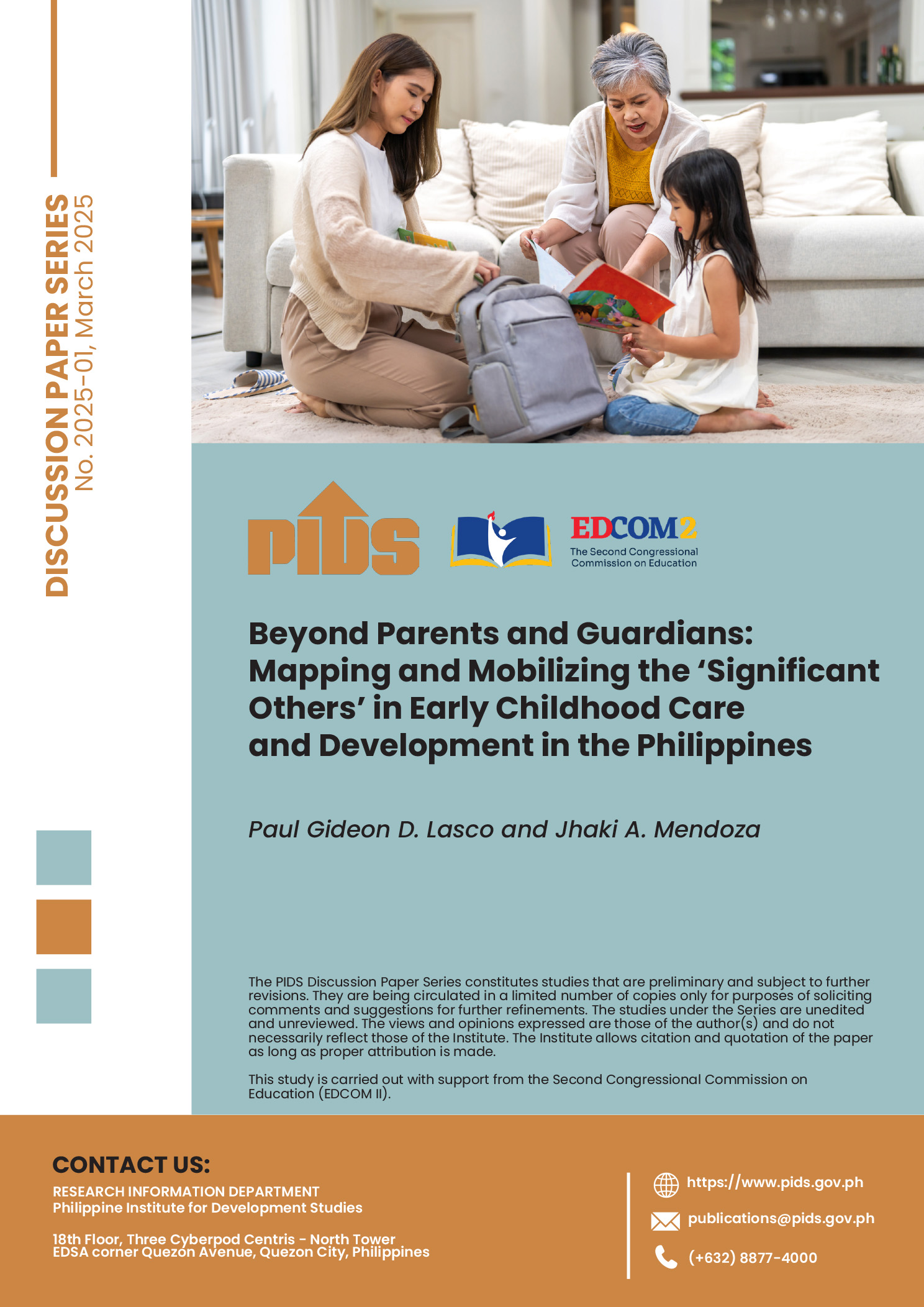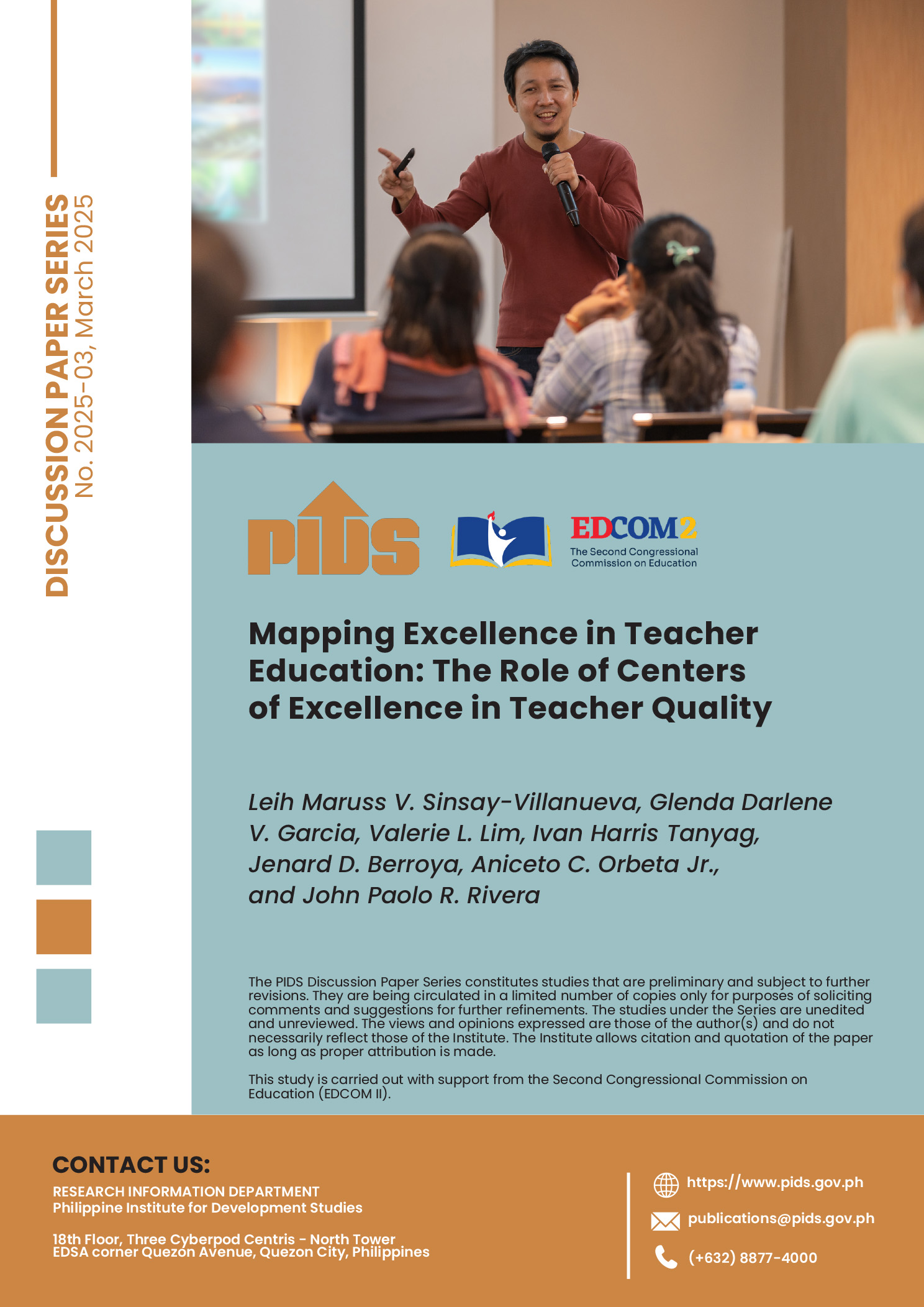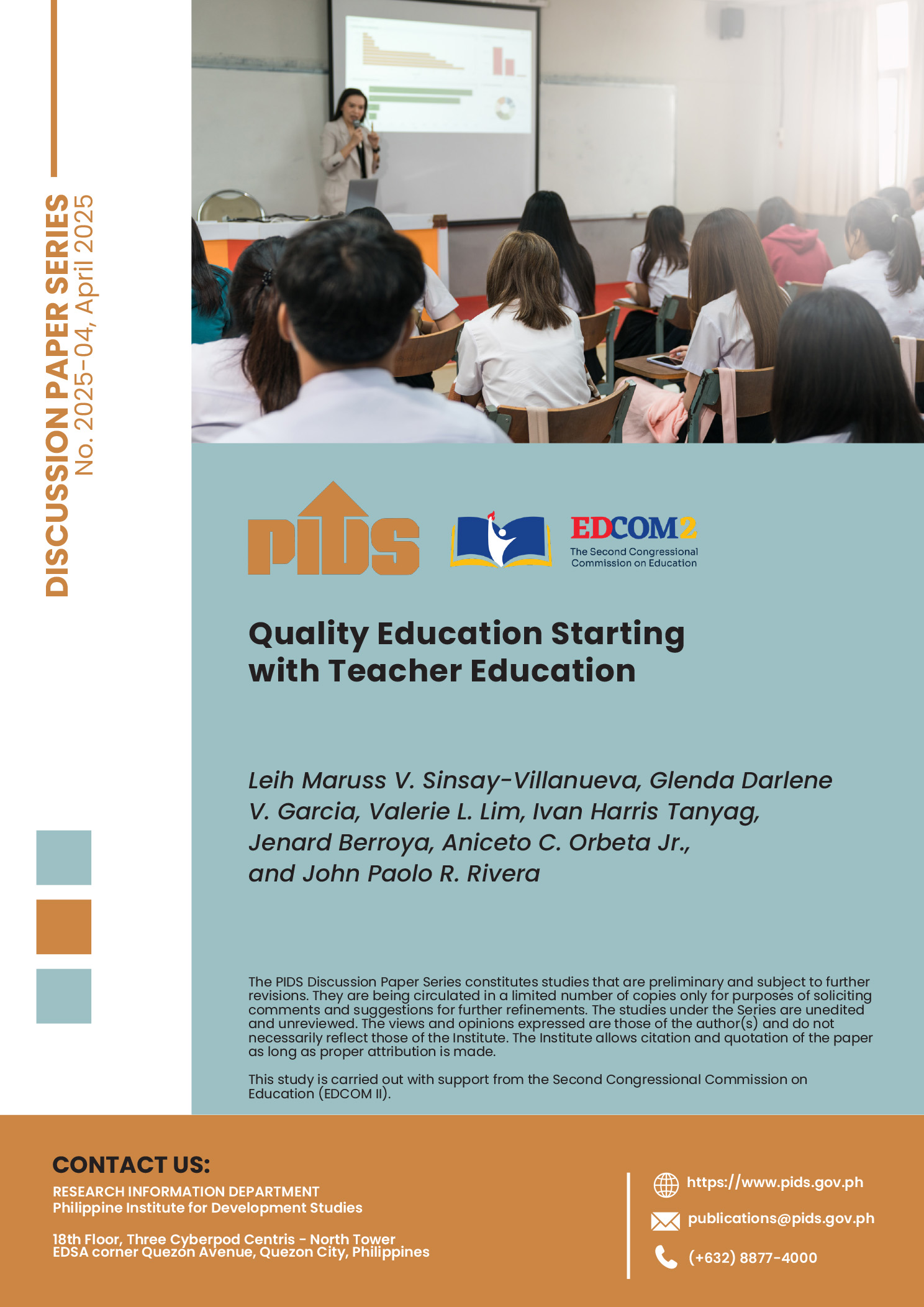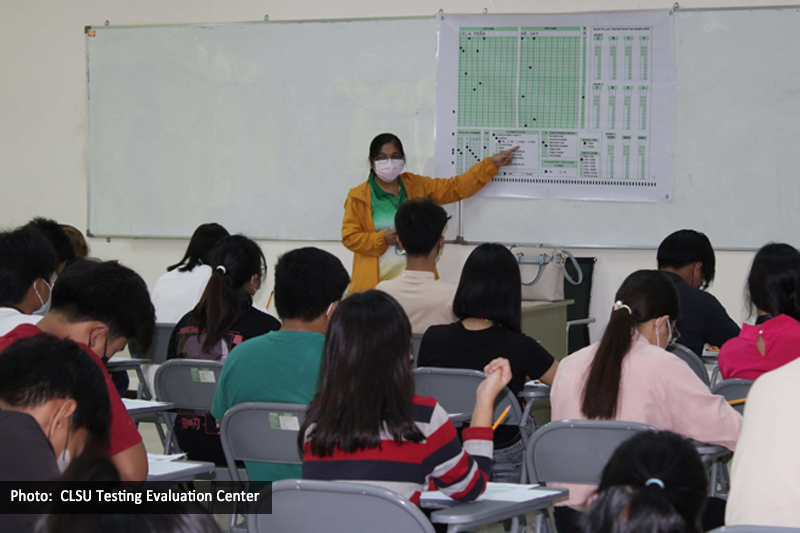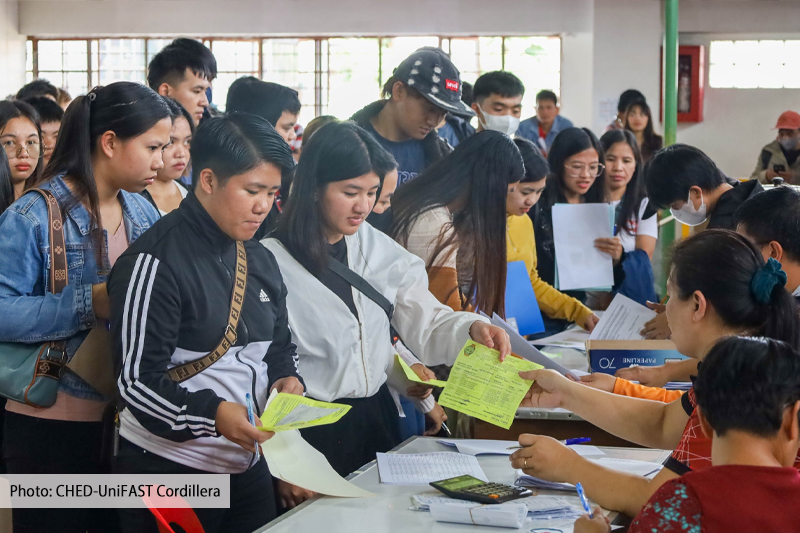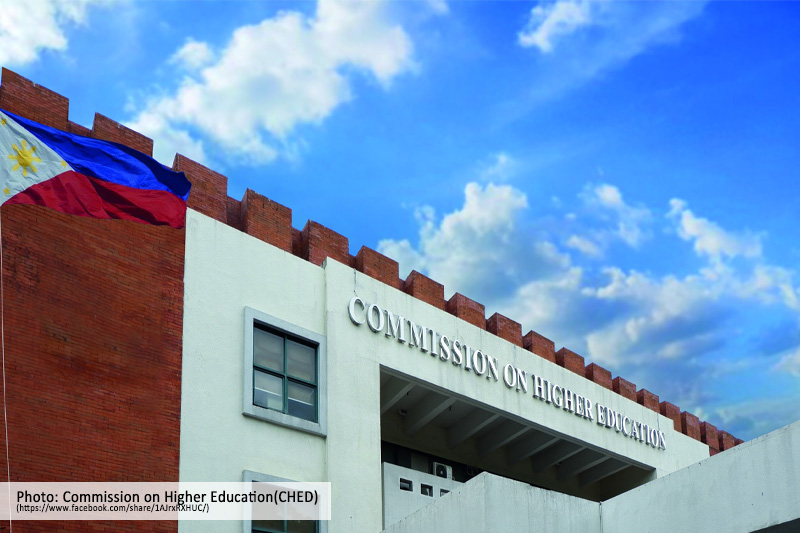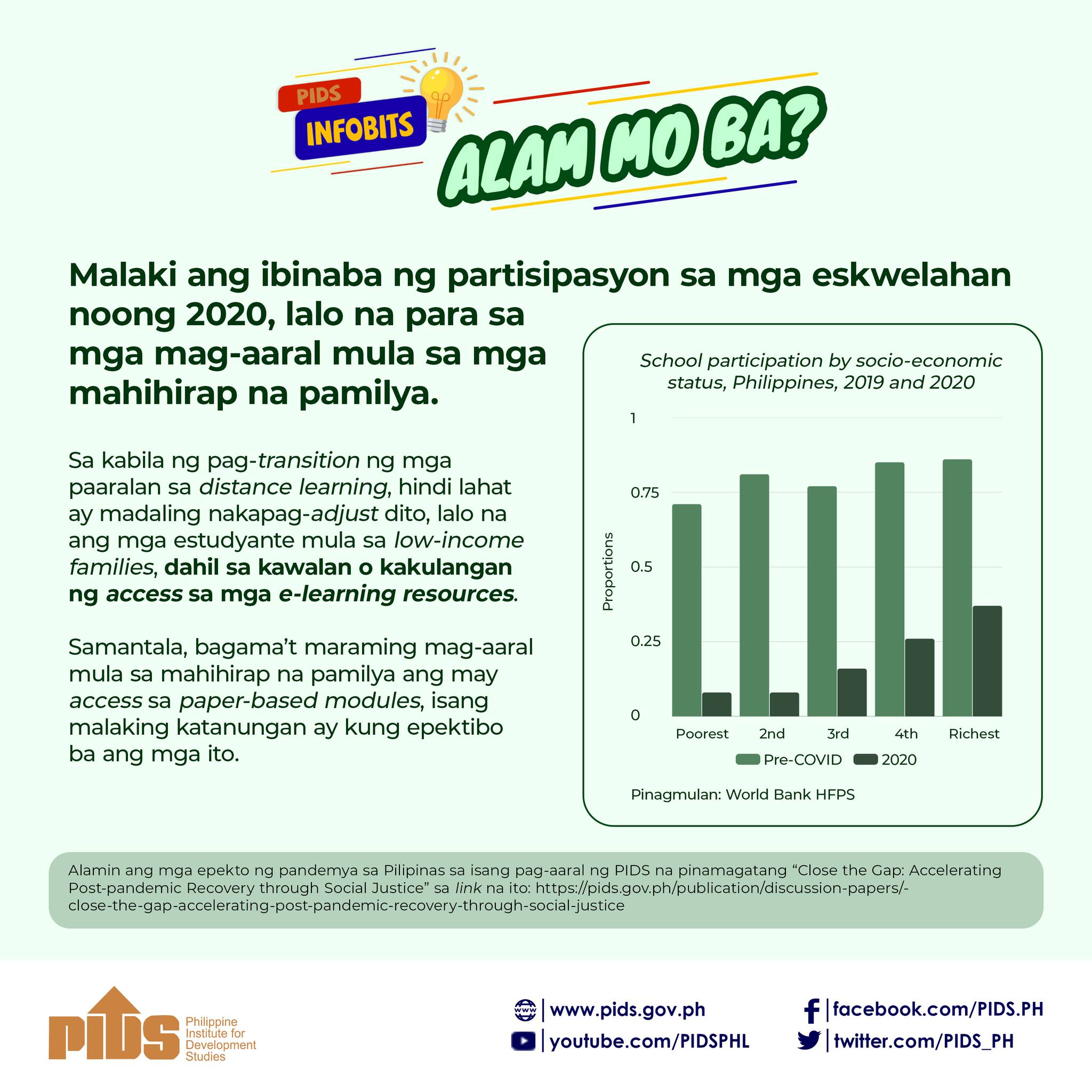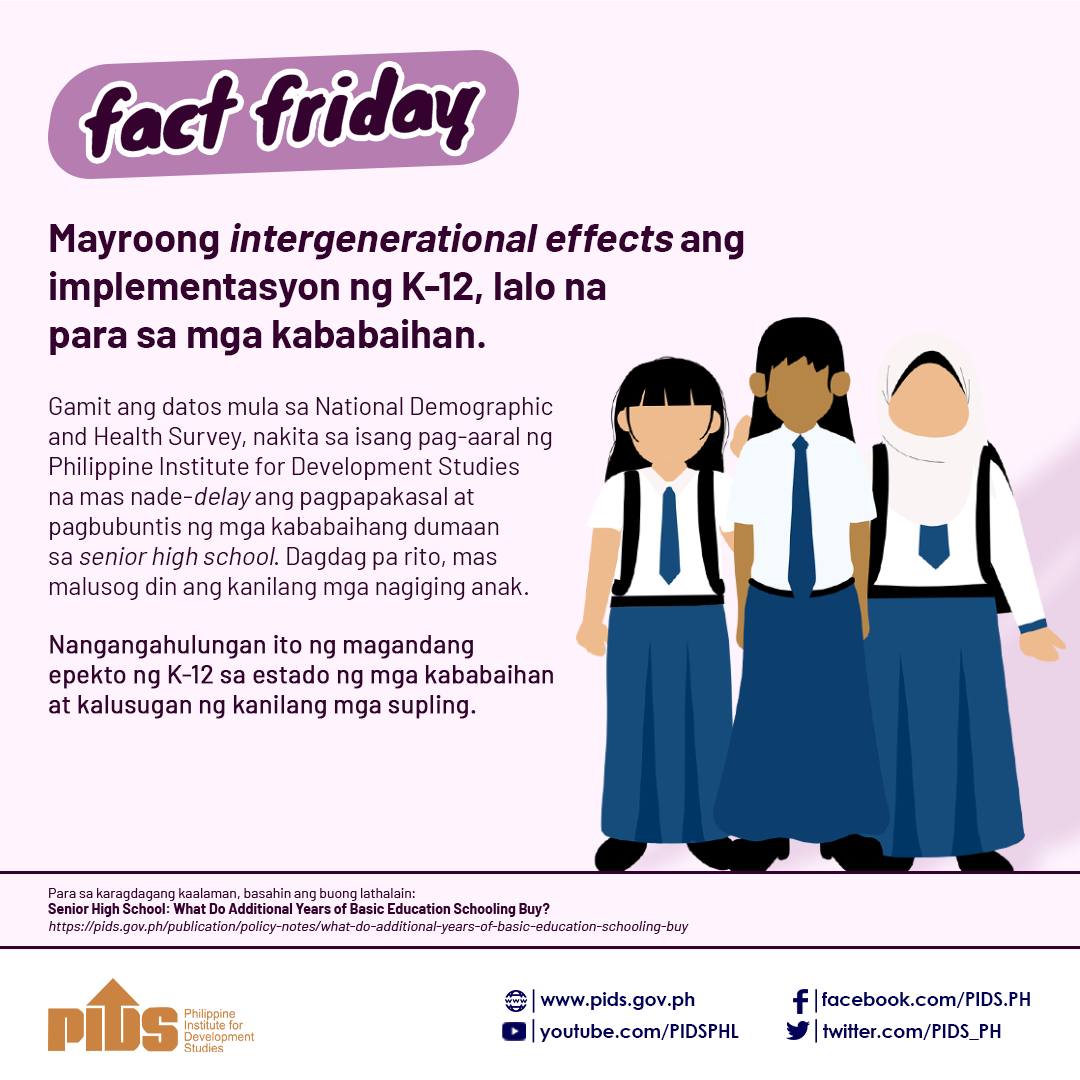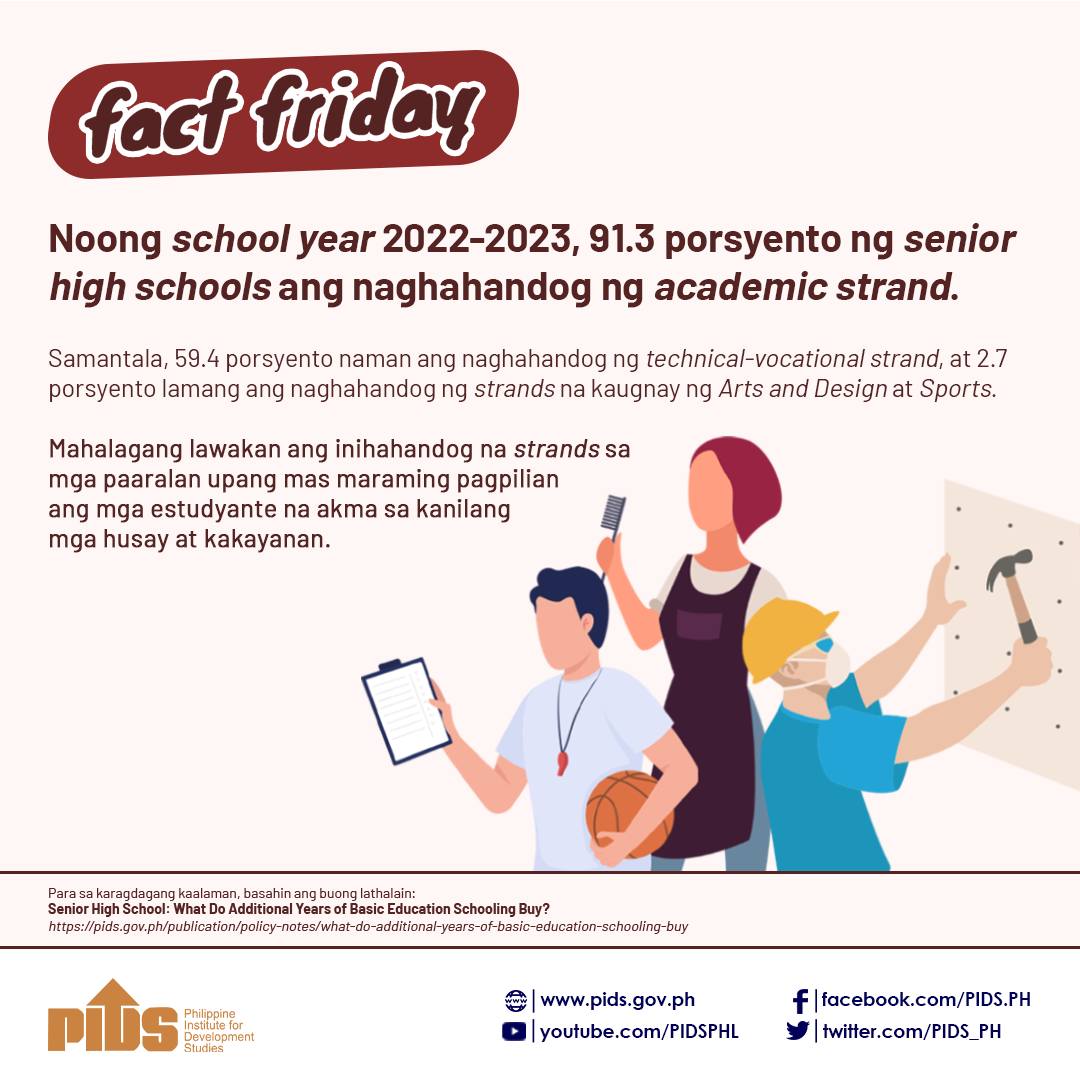With the recent resignation of Department of Education secretary, Vice President Sara Duterte, and the newly released report of the Programme for International Student Assessment, where Filipino students ranked second to the last when it comes to creative thinking, DepEd has been plagued with numerous concerns on learning achievement.
The findings of the Philippine Institute for Development Studies and the Second Congressional Commission on Education (EdCom II) on contact time lost were not surprising. The 53 teaching days lost in the implementation of the new curriculum and the ever-changing learning modalities may have contributed to aggravated learning conditions of students, and remnants of these can be seen in the incoming school year that starts on July 29th. What can we do to minimize its impact on students as they reclaim the lost teaching days from the previous school year?
Shortened teaching days and the loss of time for lessons have brought a lot of burden on teachers, mainly in lesson management and efficient instruction, as teachers would skip some prerequisite topics, given the limited time allotted for classroom tasks and exercises. Lesson mastery may thus be far from being achieved.
Due to the high heat index in some areas of the country, classes were switched from face-to-face to online modalities for a few months. During this time, asynchronous online classes were predominantly used. Teachers found themselves scrambling to reestablish connections with students and reignite their motivation, while continuously assessing their progress in learning. And yet, the students’ social and emotional needs were not adequately addressed.
According to Allington (2005), instructional time is frequently lost due to managing student behavior, routine paperwork, interruptions, delays, and other off-task activities. Despite DepEd Order No. 2, s. 2024 or the Immediate Removal of Administrative Tasks of Public School Teachers, these situations persist in public schools, significantly reducing the teachers’ valuable instruction time.
Poor comprehension, low literacy level, attendance, digital divide among students, inconsistent structural routine, invalid learning assessment, increased reported misbehavior, and many more have been magnified because of fewer class hours.
With minimal face-to-face contact, the critical question becomes: How is teaching time being utilized in the classroom compared to what the DepEd curriculum prescribes? Did teachers effectively and efficiently use the time for learning? To reduce the loss of allocated instructional time, teachers exhausted efforts to create awareness of shorter class time, established strong classroom management practices, and used instructional time for its intended purposes.
But different alternative learning delivery modalities (ALDMs), such as blended learning and online class learning for teaching and learning continuity, as adjustments to the class suspensions have situated both teachers and students in a problematic place. The heart of ALDMs is a reflective learning outcome plus knowledge requirements (Rasmitadila, et al., 2020), and this is difficult to achieve since artificial intelligence (AI) has ravaged the offline and online educational systems. It also became clear how AI-generated learning outcomes such as online outputs and tasks have been questionable because of doubts on their authenticity and accuracy as gauge of the students’ academic performance and growth.
Some teachers also lack educational resources, materials, support, and guidance as to how to navigate the switch from a short 20-minute face-to-face modality to online classes every day. It was found that the utmost need at that time was giving teachers opportunities to prepare interactive learning materials, with a depth in topics that can be easily learned by students on different models, designs, and approaches to blended learning.
It was also revealed that disrupted and lost instructional time had resulted in students’ inattention, and lack of aptitude in and deeper understanding of lessons and concepts. Promoting learners to the next level without necessary requirements and skill sets was worsened by reduced classroom contact that will definitely result in a huge learning loss, with impact still to be felt and seen this coming school year.
Indeed, time remains the ultimate enemy of freedom. Can we reclaim the lost days in the upcoming school year, or would it have a domino effect because of preexisting learning problems and issues?

